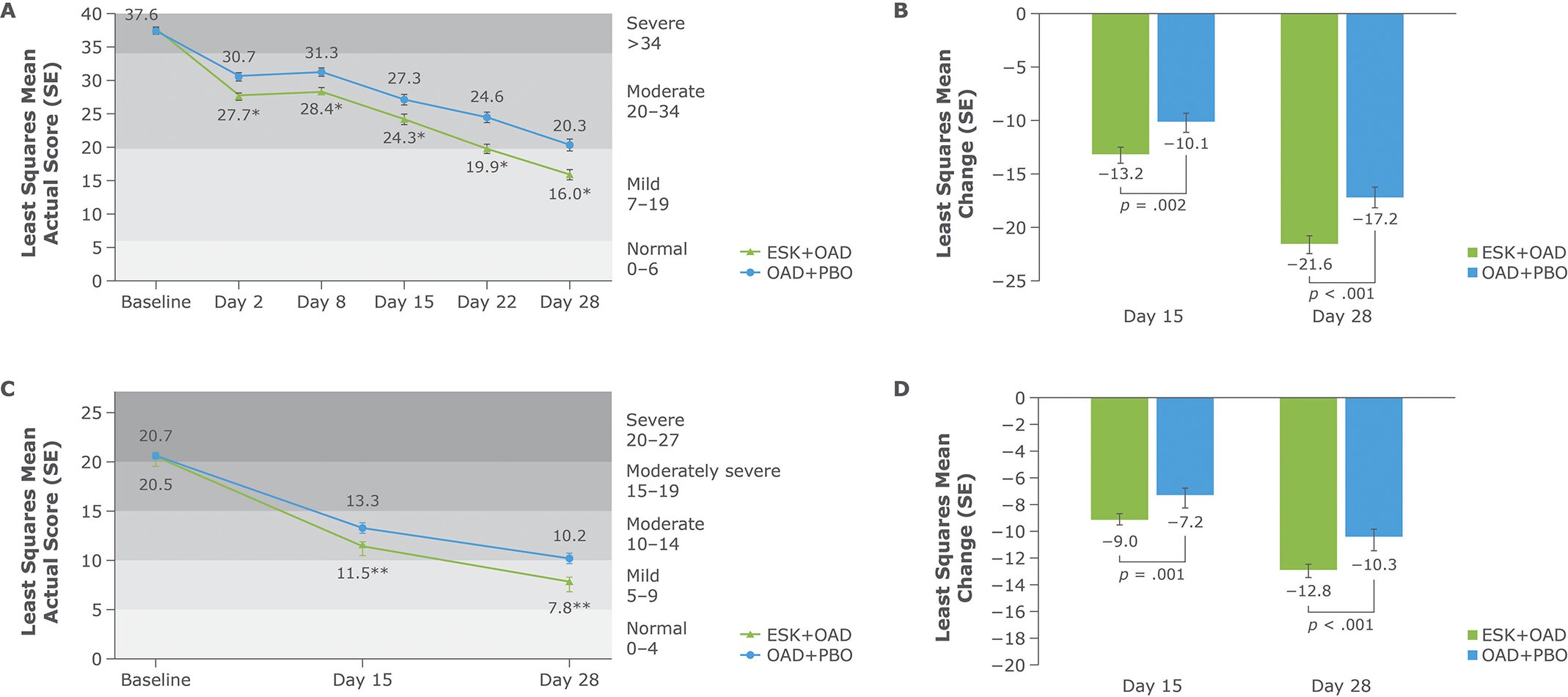
Colin Xu, assistant professor in the Department of Psychology and Communication at University of Idaho, has co-authored a new study that challenges popular beliefs about the progression of side effects in patients undergoing antidepressant treatment.
The study analyzed data from 2,833 patients treated with the selective serotonin reuptake inhibitor (SSRI) citalopram, commonly known as Celexal.
Contrary to the traditional belief that antidepressant side effects improve over time, the study finds that this perceived improvement in part may be due to patients with severe side effects discontinuing treatment early, rather than a universal reduction in side effect symptoms for all patients.
The study was published in Acta Psychiatrica Scandinavica and was conducted with Thomas T. Kim at Weill Cornell Medical College.
“There is a common belief in psychiatry that patients will simply ‘get used to’ the side effects of antidepressants over time,” Xu said. “For instance, even the National Institutes of Health’s website states that: ‘The side effects tend to go away with time.’
“While this may be true for many patients, our study found that a nontrivial proportion of individuals experienced worsening side effects in the early weeks of treatment, which was then linked to a higher risk of discontinuing medication.
“Once these individuals with worsening side effects dropped out of the study, only the patients with improving side effects remained, thus masking the true trajectory of how side effects change over the course of SSRI treatment.”
The implications of these findings are crucial for clinicians. Xu and Kim’s research emphasizes the need for close monitoring, particularly during the initial weeks of treatment when patients are most vulnerable to severe side effects.
The researchers suggest that for patients showing worsening side effects clinicians should consider adjusting their treatment plan, such as exploring alternative medications or integrating psychotherapy instead of relying on the expectation that side effects will naturally subside.
“This has practical implications for psychiatrists and health care providers,” Xu said. “Clinicians should not assume that side effects will universally decrease over time. A proactive approach, especially in the critical early stages, could help reduce the number of patients who drop out of treatment altogether.”
Their study offers new insights into improving patient care and tailoring treatment strategies for those experiencing severe side effects early on.
More information:
Thomas T. Kim et al, Not all types of depressed patients who persist with their antidepressant treatment improve in side effect complaints: A comparison of treatment completers and dropouts in the STAR*D trial, Acta Psychiatrica Scandinavica (2024). DOI: 10.1111/acps.13764
Citation:
Research challenges beliefs about antidepressant side effects (2024, October 31)
retrieved 31 October 2024
from https://medicalxpress.com/news/2024-10-beliefs-antidepressant-side-effects.html
This document is subject to copyright. Apart from any fair dealing for the purpose of private study or research, no
part may be reproduced without the written permission. The content is provided for information purposes only.


